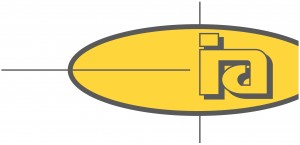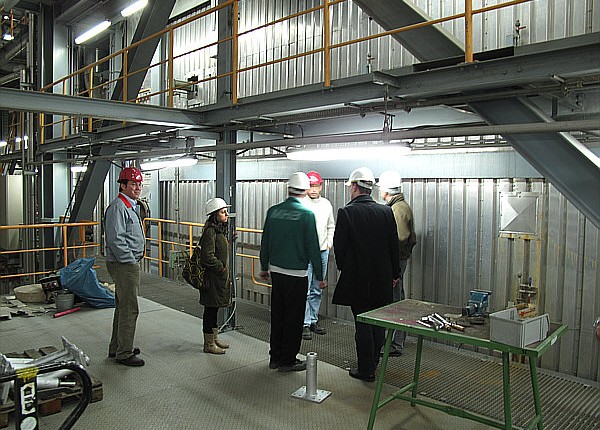FERMHKW – Integration Fermentation-Plant in WtE-Plant
Reference Project:
Optimisation of Eco-efficiency in Fermentation Plants through the Integration of Thermal Waste Recycling
Task:
Until now little attention has been paid to organic waste treatment facilities as sources of critical greenhouse gas emissions, methane and laughing gas. The European Waste Framework Directive, as well as the current working paper on the Recycling Act gives reason to expect that these problems will be exacerbated by increasing capacities, since the intention is to increase separate collections of organic waste.
Solution: The goal of the project was to check the eco-efficiency of integrating organic waste fermentation plants (BGA) into the operation and infrastructure of existing waste-to-energy thermal power stations.
Three different sites in Bavaria with different sized waste-to-energy thermal power stations were taken on a model basis and re-designed with specific fermentation plants tailored to the respective local peculiarities. Following the detailed examination of these three facilities the improvement of eco-efficiency can clearly be demonstrated: :
- The greenhouse gas emissions of a fermentation plant integrated into a waste-to-energy thermal power station can be significantly reduced.
- In comparison to single standing facility (“green field”) greenhouse gas emissions can be reduced by 53% and 69% with the integrated concept.
- In the integrated operation, the interplay between costs and revenues demonstrates a saving of over 25% on average in comparison to a “green field” reference facility.
In the case of all three examples that were considered, it was discovered that the integrated operation of a fermentation plant in a waste-to-energy thermal power station generally brings advantages. In the event that a new fermentation plant is to be constructed and it is possible to use an existing waste-to-energy thermal power station, then this potential realization is strongly recommended – also for reasons of acceptance by the general public.
Client:
Bavarian State Ministry of the Environment and Health (Bayerisches Staatsministerium für Umwelt und Gesundheit)
ATAB – Arbeitsgemeinschaft der Betreiber thermischer Abfallbehandlungsanlagen in Bayern e.V.
Cooperation partner:
Decentec, Bayreuth
Period:
September 2009 to July 2010



